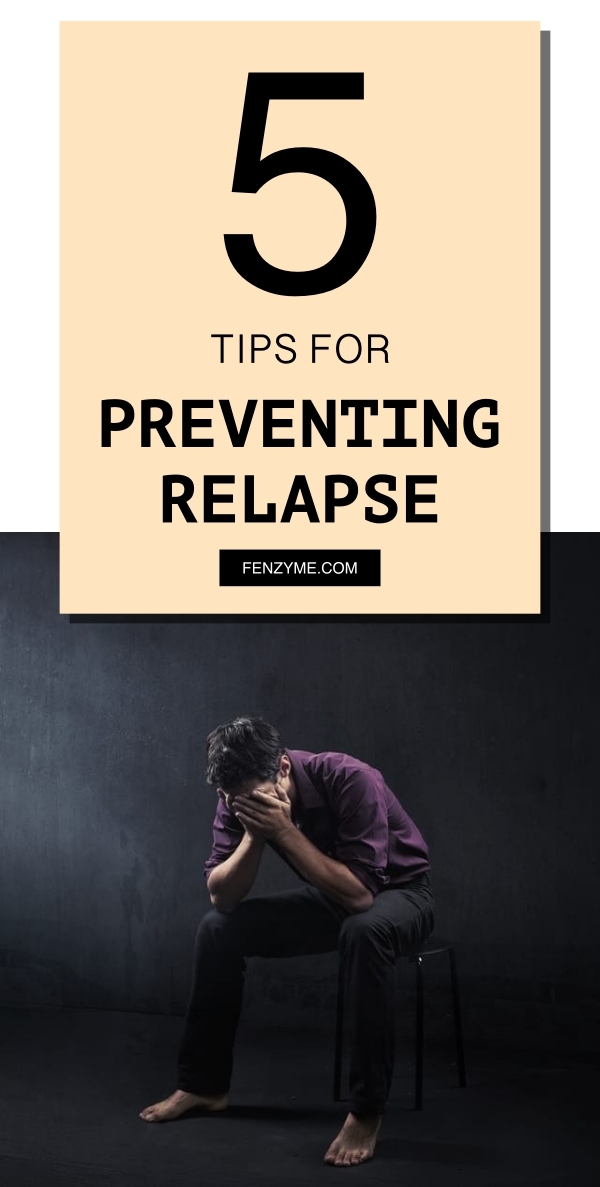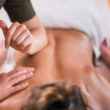5 Tips for Preventing Relapse
Trying to lead a drug-free lifestyle when struggling with addiction can be challenging for the average addict. Even after being drug-free for several weeks or months, the desire and cravings can rear their head when you least expect them. While preventing relapse is one of the hardest things you might ever do in recovery, taking some of the following actions might make it possible.

Try CBD
While replacing one substance with another may not be a route you’d like to travel down, CBD goods from businesses like Secret Nature CBD might be worth exploring if current research for addicts is as promising as it seems.

According to a systematic review on cannabidiol (CBD) as an intervention for addictive behaviors, CBD ‘may have therapeutic properties on opioid, cocaine, and psychostimulant addiction.’ Preliminary data also suggests it may benefit people with cannabis and tobacco addictions. The current evidence is far from conclusive, but you might like to discuss CBD use with your healthcare provider if you believe it might assist with relapse prevention.
Learn HALT

HALT is an acronym for Hungry, Angry, Lonely, and Tired. Many recovering addicts find it helpful to ask themselves whether they are hungry, angry, lonely, or tired whenever they feel the urge to use. These four feelings are common relapse triggers, and identifying which of the four you’re feeling might allow you to combat them and fend off the desire to use and undo all your hard work and progress.
Identify Your Triggers
Some people feel a strong desire to use drugs in certain situations and when they experience particular feelings. By identifying your external and internal triggers, you might be able to avoid falling back into old habits.

For example, if certain people from your old friend group actively encouraged your drug use, you might avoid associating with them until you feel strong enough to say no. If feelings of stress typically make you feel like using, you might avoid stressful situations in your early days of recovery.
Seek Professional Help

While some people can stop using drugs on their own, others need professional help. Anyone who finds it challenging to stop using drugs can find support in in-patient and out-patient drug rehab programs. These programs are also available for recovering addicts who need a helping hand to remain sober. Don’t be afraid to seek help if you’re not feeling strong enough to stay sober on your own.
Build a Support Network
Addiction recovery can take a long time, and you’ll undoubtedly face trials and tribulations along the way. However, you likely aren’t the only person in your life who wants to see you recover. Your family, friends, and recovery groups generally also want the best for you.

Surround yourself with people who care about you and who you can rely on for help when you’re facing unbearable cravings putting you at risk of relapse. If you have someone to call or visit when you feel vulnerable, you might avoid succumbing to temptation.
Drug recovery can feel like a long and lonely road. While you might not think there’s any way to avoid relapsing, you might improve your chances of remaining on your sober journey by taking these actions above.





